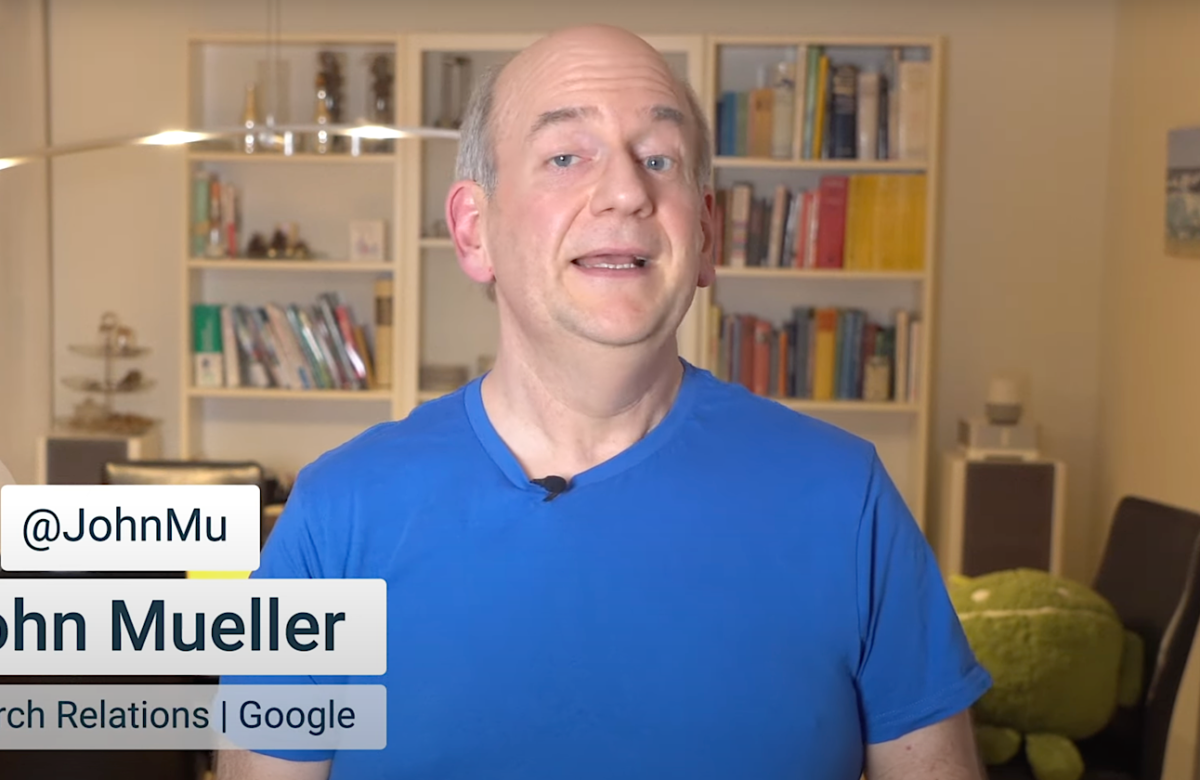
Google Search Liaison Gives Rare Glimpse Into Feedback Process
- Digital MarketingNews
- November 6, 2023
- No Comment
- 151
[ad_1]
Google’s Search Liaison, Danny Sullivan, just lately revealed how he relays suggestions from the general public to others inside Google.
In a submit on X (previously Twitter), Sullivan shared screenshots of a doc submitted to Google’s search crew, highlighting his discussions with customers, together with their ideas, issues, and ideas.
This unusual glimpse into the inside workings of Google reveals that the corporate is conscious of key points publishers face following latest core updates.
Moreover, it underscores that Google should enhance the way it communicates suggestions to publishers and make clear what it means to create “people-first” content material.
Key Challenge #1: What Is Folks-First Content material?
A key situation many customers raised, Sullivan says, is the problem of making “people-first content material” that serves customers as an alternative of Google.
“They wish to be discovered on Google, so that they wish to please Google, and the idea that the easiest way to please us is to truly not take into consideration us is troublesome to understand.”
A suggestion Sullivan provides to the Google Search crew is to seek out new methods to speak this message:
“… it could be properly definitely worth the effort for us to seek out new methods to strategy this and reiterate this steerage.”
Moreover, Sullivan means that Google amends its steerage round publishers evaluating themselves to websites on the high of search outcomes:
“We additionally want to acknowledge that our search outcomes are, certainly, an efficient a part of our documentation. I9.Folks do have a look at them to see what works – or what they will get away with.
Our steerage even encourages individuals to match themselves to different pages in our outcomes – one thing we most likely have to amend to say one thing like I lined on this submit: Do a search, have a look at the websites that come up. These are what our methods discover useful. That stated, the methods aren’t good. So in the event you see a website that appears to be doing issues in opposition to our tips, it won’t achieve success sooner or later.”
Key Points #2: Massive Publishers Dominating Search Outcomes
One other key situation shared with the Google Search crew is the prevalence of enormous publishers in search outcomes.
Some publishers can seemingly write about something and rank properly in Google Search, which Sullivan notes has led to the rise of “parasite search engine marketing.”
“Time and again, individuals famous massive publishers that appear like they will write about something and get rewarded…
Associated is the concept that “parasite search engine marketing” websites win, websites that lease themselves out to third-parties after which content material ranks on these websites that might by no means succeed on a distinct website.
That is completely different from large websites successful for unique (however not essentially people-first) content material, however the two get conflated.”
Key Challenge #3: Lack Of A ‘Useful Content material Software’
One other precedence for Sullivan is clarifying misconceptions about Google’s useful content material.
He proposes making a device to judge if a writer’s content material meets Google’s “useful content material” requirements.
“Can we’ve a useful content material device?
… there’s a want for some kind of device or examples to assist individuals higher perceive what we imply by useful content material or one thing that identifies if a web page or website has been impacted by the useful content material replace.
I’ve had publishers fearful that one single web page of no matter “unhelpful” content material is will trigger them to drop in rankings.
Some are fearful they will’t have something that’s “off-topic” for what their weblog or website is about. Some suppose even having part of a web page be unhelpful would possibly doom their complete website.
All that is regardless of our web page saying {that a} website must have “comparatively excessive quantities” of unhelpful content material to be impacted and that issues are weighted.”
Sullivan notes that Google’s unclear steerage is inflicting undue stress to publishers, who aren’t positive which pages to take away to fulfill Google’s requirements, if any.
” They don’t know if there are swathes of content material they need to drop, the way to establish that, or what.
Some fear that content material simply being “outdated” isn’t helpful. Others fear that if individuals aren’t coming to their content material from search, then it’s clearly not useful – and but, they
view it as archival content material they don’t wish to eliminate. We actually don’t need individuals dropping content material simply because it’s older.”
Merely having “outdated” content material additionally doesn’t make it unhelpful. It’s unhelpful if it wasn’t created for individuals first, Sullivan says.
Sullivan’s report illustrates Google’s dedication to incorporating consumer suggestions in enhancing search.
Extra clear communication and instruments to judge content material could assist publishers adapt to Google’s evolving algorithm.
Higher readability round what makes content material “useful” stays a key demand from web sites aiming to serve audiences somewhat than algorithms.
Featured Picture: Beneath the Sky/Shutterstock
[ad_2]
Source link












